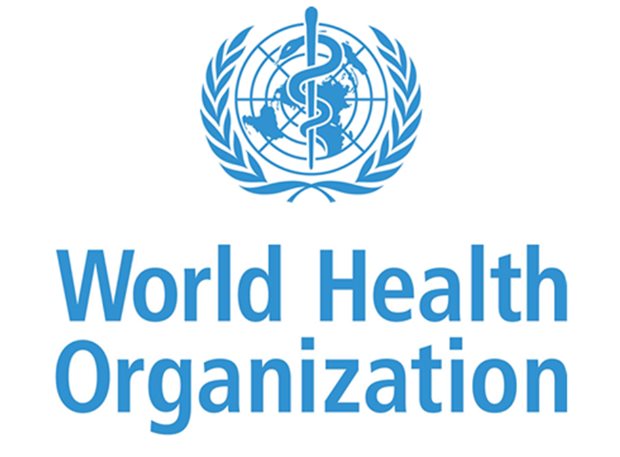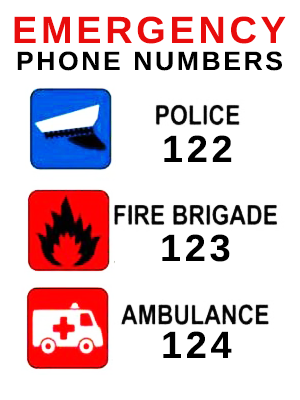The relevant health institutions in the Tuzla Canton have declared a measles epidemic in Tuzla and Živinice, with several cases also recorded in the Sarajevo Canton. The World Health Organization’s office in Sarajevo, as well as the regional WHO office for Europe, will continue to support public health authorities in Bosnia and Herzegovina in implementing immunization programs and monitoring vaccine-preventable diseases.
The World Health Organization’s office in Sarajevo explains that measles, caused by the virus, easily spreads through breathing, coughing, and sneezing, primarily affecting children but capable of affecting all age groups. Measles can lead to serious complications such as pneumonia, meningitis, blindness, seizures, as well as lifelong disability and death.
Vaccination is the only effective way to protect children from this potentially dangerous disease. Urgent efforts are needed in the vaccination field to halt transmission and prevent further spread of measles, as stated in the World Health Organization’s office in Sarajevo’s press release.
At least 95 percent of children must be fully vaccinated, receiving two doses of the MMR (measles, mumps, rubella) vaccine to achieve collective immunity and prevent further epidemic spread. According to the latest data, just over 60 percent of children in the Federation of Bosnia and Herzegovina are vaccinated with the MMR vaccine.
Vaccination rates for the first dose of the measles vaccine have decreased from 96 percent in 2019 to 93 percent in 2022 across Europe, while coverage for the second dose has fallen from 92 percent to 91 percent during the same period.
In 2023, measles affected all age groups, with significant differences in age distribution of cases among countries. The number of cases in Europe jumped to 42,200, almost 45 times more than the previous year’s 941 cases.
It is estimated that there were around 128,000 measles-related deaths worldwide in 2021, mostly among inadequately vaccinated or unvaccinated children under the age of five.
The resurgence of measles is associated with a decline in vaccination coverage in the region’s countries from 2020 to 2022, partly linked to the Covid-19 pandemic, which significantly impacted immunization system performance, resulting in an increase in the number of unvaccinated and partially vaccinated children, as stated by the WHO office.
To regain progress towards measles elimination, it is imperative to achieve and maintain coverage of over 95 percent with two doses of the measles vaccine.
Achieving high coverage through routine vaccination must remain a top priority for all countries. The WHO estimates that measles vaccines helped prevent 56 million deaths between 2000 and 2021.








